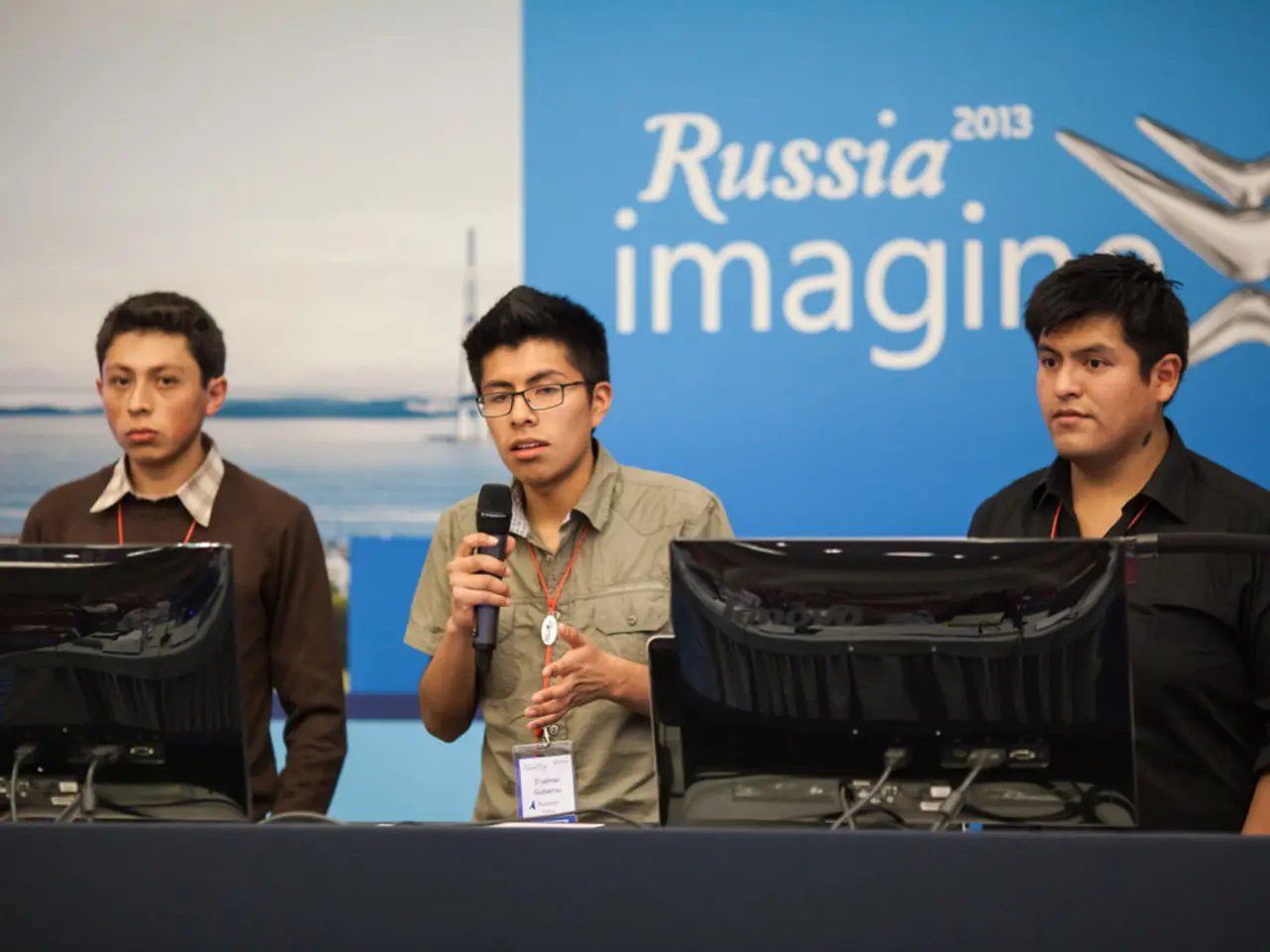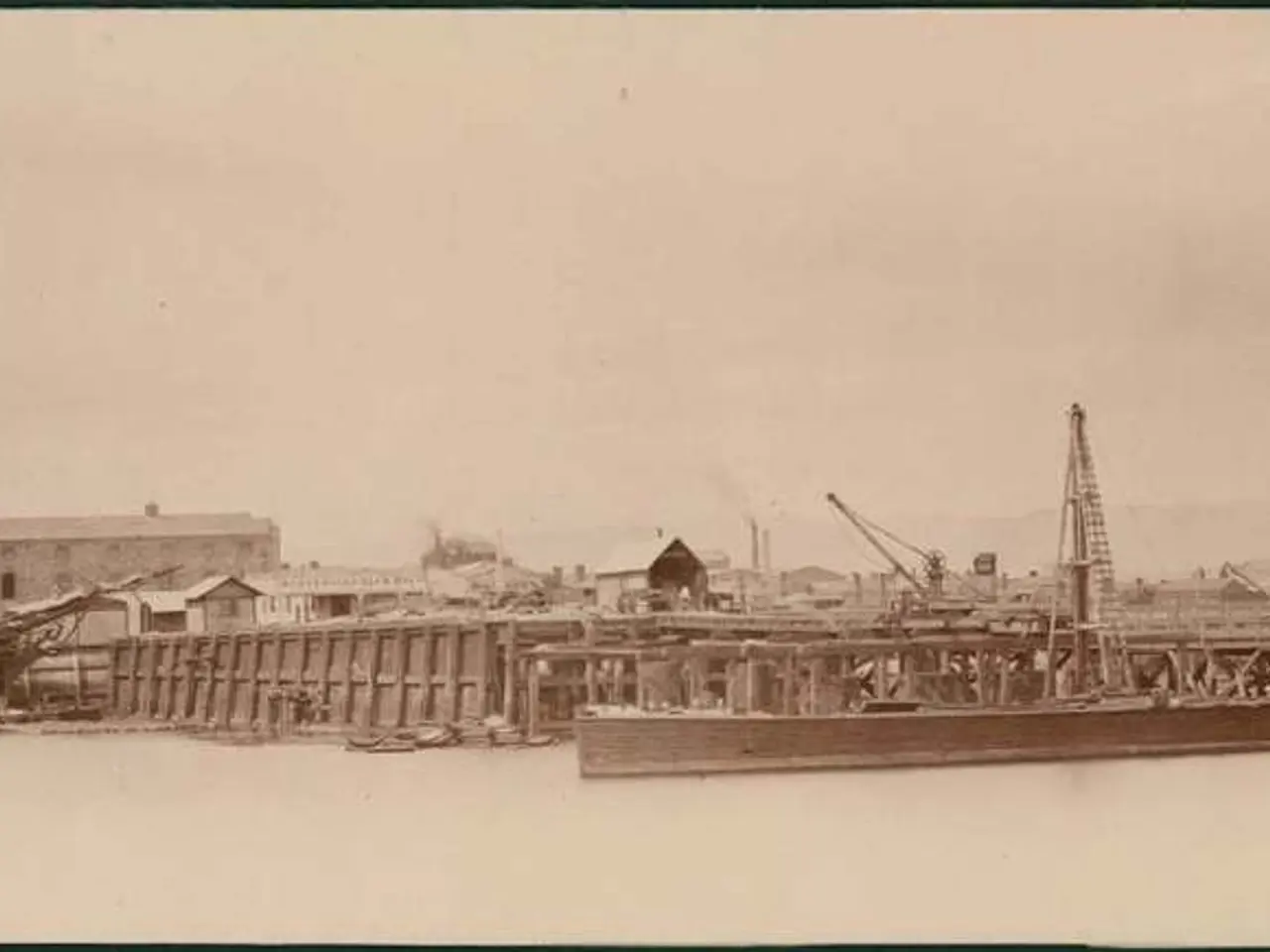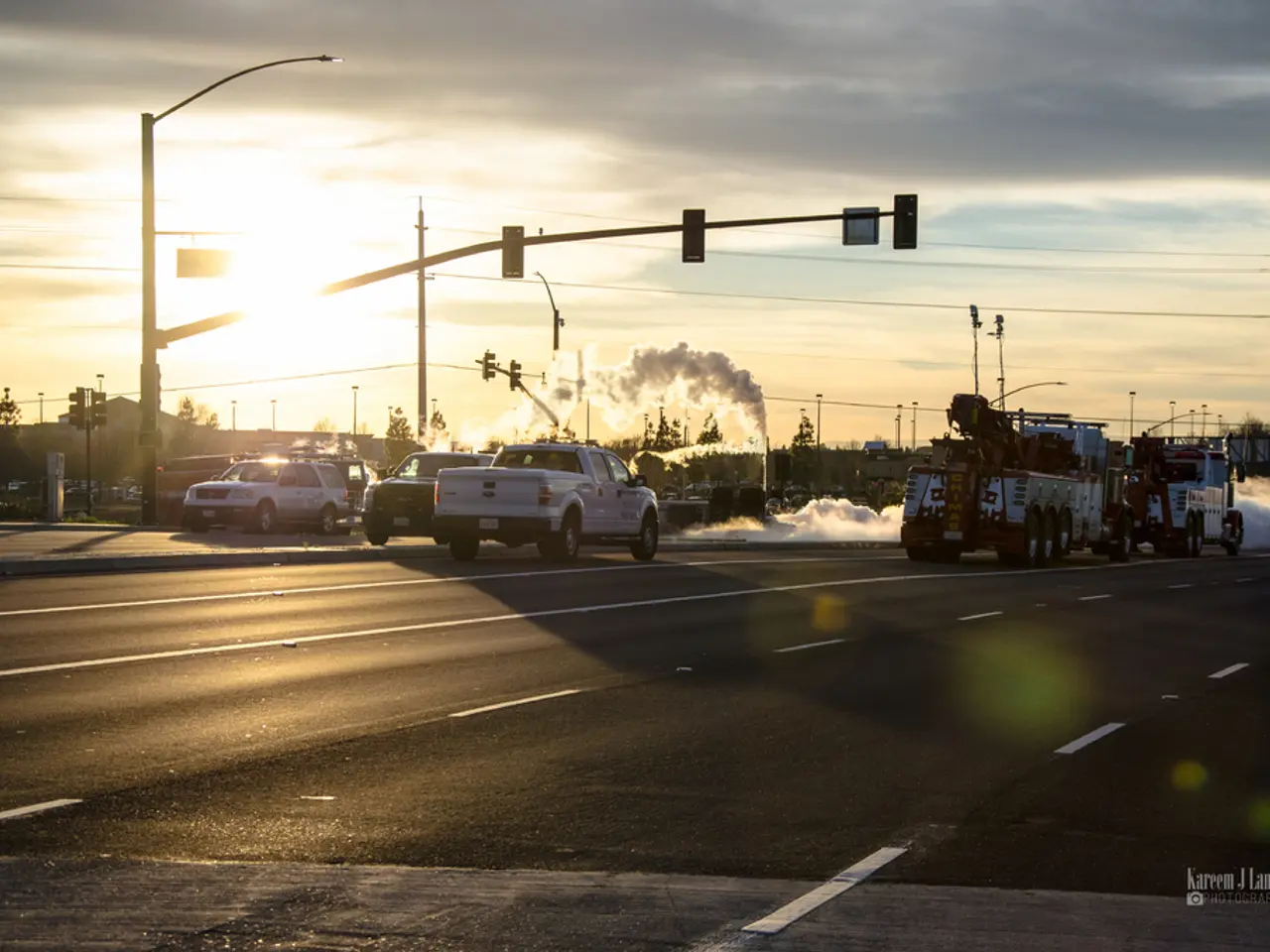"Kazakhstan has obtained sea access, thus eliminating its status as a landlocked nation."
In a significant step towards promoting sustainable development and regional cooperation, the United Nations Regional Centre for the Sustainable Development Goals (SDGs) has been officially established in Almaty, Kazakhstan. This new centre is poised to play a pivotal role in fostering collaboration, innovation, and resilience-building across multiple critical areas in Central Asia and Afghanistan.
António Guterres, the UN Secretary-General, lauded the centre as a symbol of peace and disarmament, highlighting Kazakhstan's role as a symbol of wisdom, particularly for giving up nuclear weapons. He also praised Kazakhstan for becoming a hub of global trade, world logistics, transport, and telecommunications.
President Kassym-Jomart Tokayev, in his speech at the UN Regional Centre in Almaty, emphasised the Sustainable Development Goals as a priority in Kazakhstan's national strategy. He sees the centre as a catalyst for coordinated actions, a new era of cooperation in Central Asia, with potential for deeper economic integration.
The centre aims to accelerate progress towards the SDGs in Central Asia and Afghanistan by facilitating shared priorities and solutions, fostering deeper economic integration, and supporting inclusive development and digital transformation. It also focuses on addressing environmental challenges such as the restoration of the Aral and Caspian Seas, promoting sustainability, and enhancing cooperation for peace and development in the region.
Moreover, the centre emphasises solidarity and shared responsibility with Afghanistan, focusing on humanitarian and development support, including economic self-sufficiency and human rights protection, particularly for women and girls.
The location of the centre in Almaty, a city known for resilience and vision, underscores its strategic importance for regional integration and joint progress towards sustainable economic growth, stability, and social inclusion.
The UN Regional Centre in Almaty is a key institutional innovation designed to coordinate UN and regional efforts, enhance sustainable development governance, and promote stability and cooperation in Central Asia and Afghanistan through shared goals, resource mobilisation, and strategic partnerships.
Meanwhile, António Guterres, the UN Secretary-General, is currently attending the Third UN Conference on Landlocked Developing Countries in Turkmenistan, where he admires Kazakhstan's internal political course and foreign policy. He also expressed gratitude for the opening of the UN Regional Centre in Almaty.
President Tokayev, in his address at the conference, called for unity among governments, civil society, and the private sector for common progress in Central Asia. He also announced that Kazakhstan will host a Regional Environmental Summit in Astana in April 2026 in partnership with UN agencies, with the aim of addressing issues such as the environmental degradation of the Aral Sea and the shrinking area of the Caspian Sea.
In conclusion, the UN Regional Centre in Almaty is a significant milestone in the journey towards sustainable development and regional cooperation in Central Asia. It represents a strong commitment by Kazakhstan and the UN to work together to address the challenges facing the region and to promote peace, stability, and prosperity for all.
Politics surrounding the UN Regional Centre in Almaty have gained general-news attention, with discussions centered around the centre's potential impact on regional cooperation, particularly in Central Asia and Afghanistan. António Guterres, the UN Secretary-General, has been vocal about the center's significance, praising Kazakhstan for its role in promoting peace, disarmament, and global trade.






